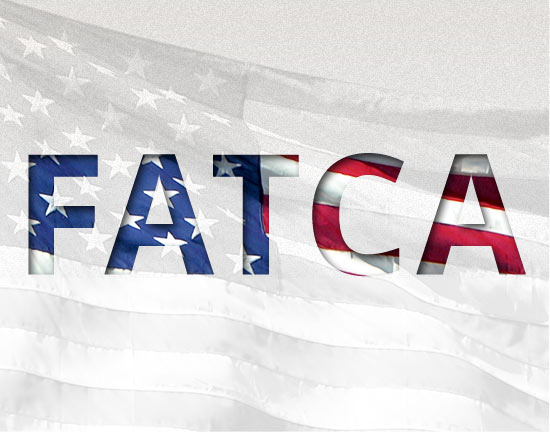In an article by the Freemont Group, they discuss how FACTA will impact countries including Panama. It is a good read, I assure you.
It has been postponed several times, but on July first 2014 the US Foreign Account Tax Compliance Act will ultimately come into force. FATCA requires foreign banks to report US account holders or face a 30% withholding tax on their US assets. While this should not be of immediate concern to our European clients, FATCA may set a precedent to other countries, supranational organisations and aspiring empires such as the OECD and EU.
First off, lets have a look at how FATCA impacts countries such as Switzerland and Panama. The United States tax authorities, IRS, ‘encourage’ other nations to conclude an Inter-Governmental Agreement for the application of FATCA on all domestic financial institutions. So far, the following countries have concluded such an agreement:
United Kingdom
Denmark
Mexico
Ireland
Switzerland
Norway
Spain
Germany
Swiss banks are now forced under Swiss law to comply with the demands of the IRS: to report any US account holders as well as signatories. The treaty concluded also allows for fishing expeditions; non-specific requests for information on account holders, something that up until now was resented by the Swiss Government.
Panama on the other hand, has not concluded such IGA (in spite of demands from its banking sector) and banks have the option of negotiating theirs own foreign financial institution agreements (FFI). At first glance it seems to little advantage: Panama uses the dollar as currency, and all its banks depend on US correspondent banks to conduct their business. They have no choice but to conclude a FFI.
However it does permit banks to exempt US account holders who hold deposits in currencies other than dollars. And since FATCA only applies to bank deposits over $50.000, US citizens may hold their assets under a foundation or simply use several bank accounts to circumvent reporting requirements. Without assistance from the Panamanian government, the possibility of fishing expeditions or other means to put real pressure on Panamanian banks, confidentiality is still a reality even for US citizens.
The cost of FATCA
The main problem with FATCA is not so much eroding privacy (most countries already have tax information exchange agreements) but the huge burden it places on businesses. The costs of compliance have been estimated on $8 billion annually, and $1-2 billion in the UK alone. Weigh that against an estimated tax revenue increase of only $792 million annually according to the United States Congress Joint Committee on Taxation. An enormous price tag for a little extra revenue on a voluntary tax.
There is some backlash too: some countries want something in return. China, Germany and France have demanded that financial institutions of the biggest tax haven in the world, the United States, should report on assets held by their citizens too. President Obama seems to have no problems with such reciprocity, but the US financial service industry will certainly use its lobbying powers to put a stop to this.
What can be done
FATCA is not about raising revenue, nor is it about fighting tax evasion: the law does neither. It is simply about increasing the power of government over its citizens, just like the recent NSA spying scandal or the massive fraud with bail-out funds on both sides of the pond. Such grave human rights violations and inexcusable intrusions into ones privacy can only be limited by starving governments of tax revenue.
Fortunately there are still countries such as Panama that do respect certain inalienable god given rights. Where citizens and foreigners alike have “the right (…) to be secure in their persons, houses, papers, and effects, against unreasonable searches and seizures (…), and no Warrants shall issue, but upon probable cause, supported by Oath or affirmation, and particularly describing the place to be searched, and the persons or things to be seized,” as the US bill of rights’ fourth amendment reads.
